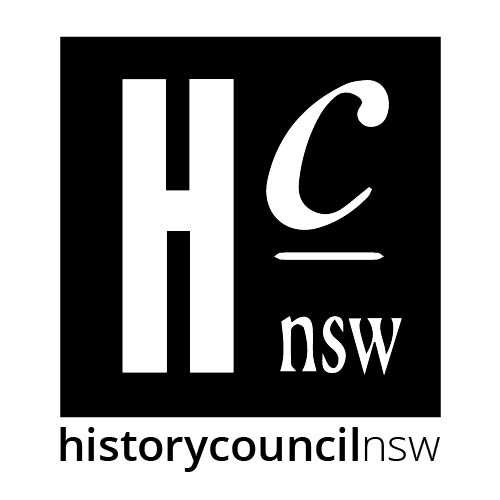From 1 July 2016, Land and Property Information announced historical researchers would no longer be able to utilise online New South Wales land title searches and products that attract a fee, and that all transactions would be handled by authorised ‘information brokers‘.
The Royal Australian Historical Society (RAHS) is communicating with relevant authorities about the changes and investigating the brokers’ services and fees. The Sydney search room at Queens Square remains open and allows access to deposited deeds, indexes, deposited deeds packets and primary application search packs.
LPI has also discontinued its Spatial Information eXchange (SIX) portal that historians have much used, replacing it with three new portals. These are:
- LPI online – Titling and Registry Services
- Property NSW Valuation Portal – Valuation Services
- Spatial Services Portal – Spatial Services retains the current SIX.
Details about the portals are available at the LPI website (pdf).
The New South Wales government has further announced that LPI’s Sydney titling operations are being put on the market for purchase by private operators with an arrangement likely to consist of a long-term concession. Valuation and spatial mapping services are not being sold. ‘Investment from the private sector in LPI’s titling and registry operations will provide better outcomes for the state’, Treasurer Gladys Berejiklian said. She added that the private sector was well placed to invest in new technology that would have major benefits for consumers.
Gary Ulman, the New South Wales Law Society’s President, criticised the sale. He argued that LPI assets should remain in public hands. ‘The justification for the privatisation of public assets’, he said, ‘usually lies in the need for large-scale injection of capital into an industry, or to address underperformance by a government utility… Neither rationale applies in this case’.

As some of these service providers are not Australian, are they paying any tax in Australia? Why should these services have gone offshore, particularly historical information which should be readily available to Australian historians.